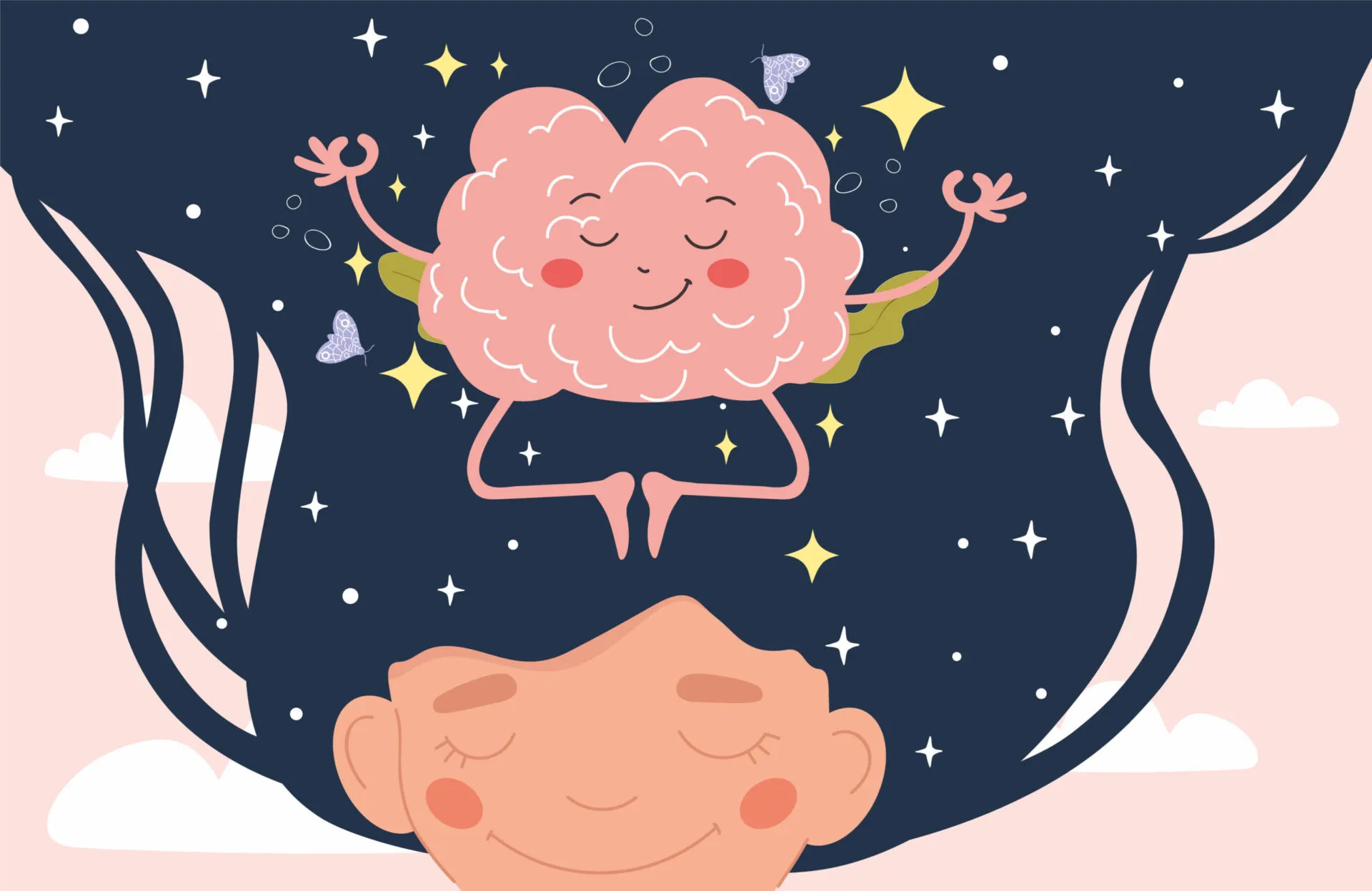
- Practice deep breathing: Take slow, deep breaths, inhaling through your nose and exhaling through your mouth. Focus on your breath as you feel your abdomen rise and fall.
- Engage in physical exercise: Find an exercise routine that you enjoy, whether it’s walking, jogging, yoga, or dancing. Regular exercise can help release tension and boost your mood.
- Challenge negative thoughts: Replace negative thoughts with positive, realistic affirmations.
- Practice mindfulness and meditation: Mindfulness involves paying attention to the present moment without judgment. Meditation can help calm racing thoughts and promote relaxation. Set aside time each day for meditation or mindfulness exercises to cultivate a sense of inner peace.
- Limit caffeine and alcohol: Both caffeine and alcohol can exacerbate anxiety symptoms. Reduce or eliminate your consumption of caffeinated beverages and limit alcohol intake, as they can interfere with sleep and contribute to feelings of restlessness.
- Get enough sleep: Sleep deprivation can worsen anxiety symptoms. Establish a consistent sleep routine and create a relaxing bedtime routine to promote better sleep. Avoid electronic devices before bed and create a calm environment in your bedroom.
- Connect with others: Social support is crucial in managing anxiety. Reach out to friends, family, or support groups who can provide understanding and empathy. Talking about your feelings can help relieve anxiety and provide a fresh perspective on your concerns.
- Practice self-care: Engage in activities that promote self-care and relaxation. This can include taking warm baths, reading a book, engaging in hobbies, spending time in nature, or listening to soothing music. Taking care of yourself is essential in managing anxiety.
- Seek professional help: If your anxiety significantly impacts your daily life and persists despite self-help strategies, consider seeking professional help. A therapist or counselor can provide guidance, support, and additional techniques tailored to your specific needs.
Remember, finding the most effective strategies to calm your anxious brain may require some experimentation. It’s essential to be patient with yourself and maintain a consistent routine to see the best results.

Leave a Reply